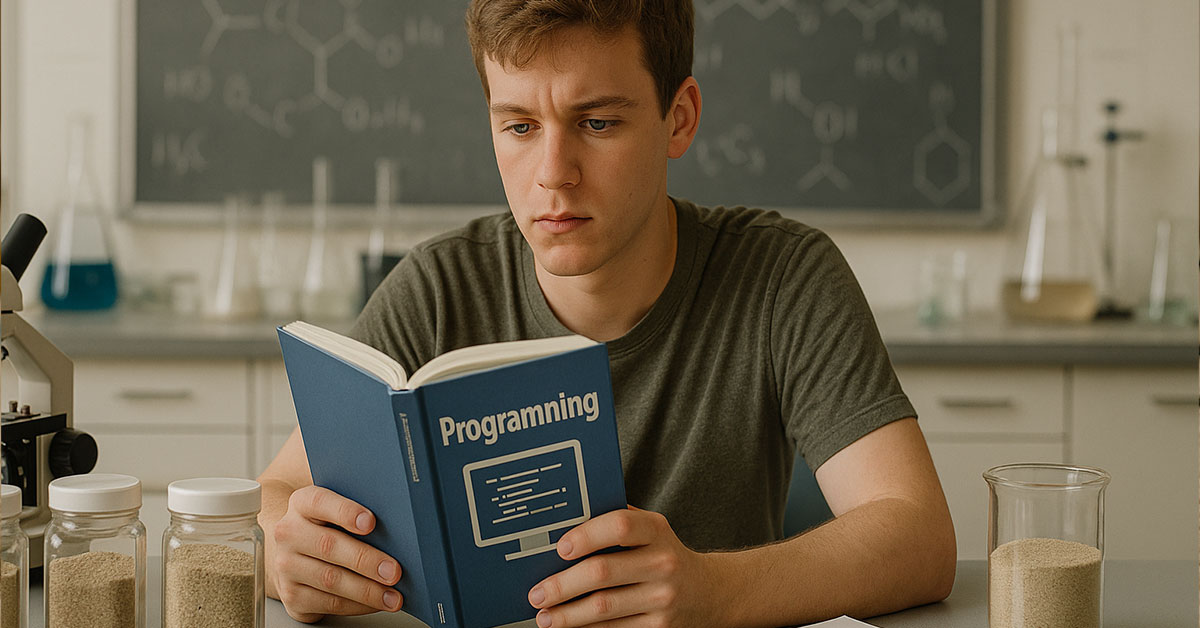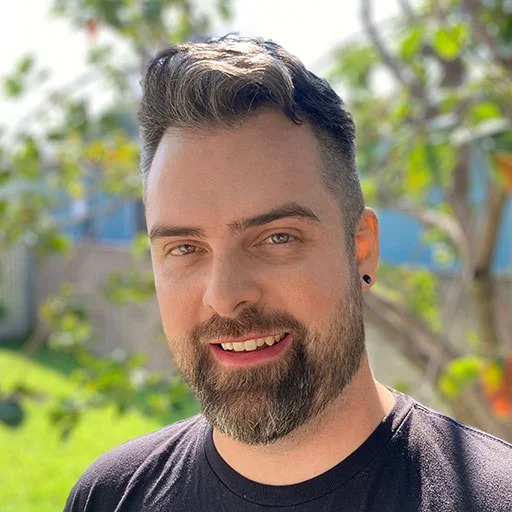Some turning points in life are dramatic. Others creep up on you slowly—like learning to write C++ in a marine lab while waiting for sand to dry.
After switching my major to Oceanography, I finally felt like I was gaining momentum. I liked the challenge, the complexity, and the multidisciplinary nature of the field. I was getting decent grades, and even though the seasickness from research cruises was a huge problem, I still believed I could find a niche in the industry. But deep down, I knew I was forcing it. I hadn’t fallen in love with the work—I was just trying to make the most of my investment.
Then something unexpected happened.
I was working on a coastal research project with PG&E, where we gathered sand samples from local beaches to monitor how wave energy infrastructure might affect shoreline erosion. The process was time-consuming and repetitive. We’d go out early, measure the beach face at low tide, collect dozens of sand samples, and haul them back to the Trinidad Marine Lab for analysis.
Each sample took about 15 minutes to process, and I had a lot of downtime between steps. I started bringing homework, but I couldn’t focus. My mind kept wandering to the future—to what I’d actually do after graduation.
And then I remembered something: computers.
C++ and Curiosity
On a whim, I bought a copy of C++ For Dummies. I figured if I could teach myself the basics of programming, maybe I could open a few doors outside the marine science world—just in case.
At first, it was a struggle. The syntax felt foreign. Concepts like pointers and memory management were completely new to me. I worked through the first few chapters, got stuck, and started over. I did that three times. But something about the process kept me coming back.
By the third pass, things began to make sense. I started completing exercises and understanding why things worked—not just how. I’d finish a line of code and see it do exactly what I told it to. It felt like a superpower.
And for the first time in years, I felt something that had been missing: confidence. Not just in the work—but in myself.
A Degree With a Detour
By now, I was nearing the end of my college career. I’d been in school for longer than the standard four years, and my student loans were stacking up. I needed to graduate. But I didn’t want to walk away from this new passion for programming. So I met with my advisor and asked about tacking on a minor in Computer Science.
Surprisingly, it was doable. Since Oceanography involved a lot of data modeling and simulation, there was some overlap in math and systems coursework. We mapped out a plan, and I officially enrolled in CS courses alongside my final oceanography classes.
It was like night and day.
In my science courses, I did fine. I followed along, studied hard, and passed. But in my CS classes? I thrived. I wanted to be there. I prioritized my coding assignments over everything else. I stayed up late experimenting, building, and debugging—not because I had to, but because I genuinely enjoyed it.
It felt like I had finally found my thing.
The First Tech Job (Sort Of)
Around this time, I landed a part-time job working for a semi-retired computer science professor. He was developing an educational app to help kids learn Chinese. The project involved multiple components—a mobile app, audio recordings, animated stroke guides for Chinese characters—and I was brought on to handle the animations and narration.
It wasn’t a coding job, but it was my first glimpse into software development behind the scenes. I worked alongside another student who was building the mobile version in Objective-C, and I’d sit in and observe whenever I could. I didn’t understand everything—Objective-C was a beast—but I was absorbing ideas and starting to understand how apps came together.
Even though I was mostly focused on the multimedia side of things, I knew I was inching closer to something bigger. That job gave me my first real taste of what it meant to build something technical that served a purpose. It wasn’t just code for code’s sake—it was helping kids learn. That realization stuck with me.
Confidence, Clarity, and the First Real Spark
I graduated with a degree in Oceanography and a minor in Computer Science. Not exactly the combo most employers were looking for—but it didn’t matter. I finally had clarity. I wanted to build things with technology.
The question was: what kind of things?
I didn’t know yet. But I knew I could figure it out. I had taught myself enough to believe I could learn anything if I put in the time. That belief would carry me through the next phase of my journey—one that started with a website job I wasn’t really qualified for… but took anyway
Next in the Series: Part 4 — Laid Off, Leveled Up: The First Big Break
Up next, I land a job managing websites, learn the ropes of digital marketing and design, get laid off—and then turn that layoff into my first real freelance success.

